A proud Igorot and Bicolano, Chef JR Royol knows the importance of tradition but he also believes that this is not the only way to do things especially in the kitchen

Since it was launched in February 2021, food show Farm To Table has been bringing its audiences to fun and delicious culinary adventures all over the Philippines. From a scenic farm in Tayabas, Quezon to a glamping resort in San Jose, Tarlac, the series showcases Filipino food culture at its best.
But what makes the show entertaining and informative is its host, chef JR Royol. His culinary knowledge, curiosity to new ingredients, cooking skills, and bright smile are the perfect ingredients that make the show a good watch.
Known for winning the first season of MasterChef Pinoy Edition, chef JR, full name Romulo Lamaton Royol Jr., is a true Filipino culinarian. He is proud of his roots, which originate from two different regions in Luzon, and he is attuned to his artistic side as well. And aside from championing Filipino cuisine, he is also a chef that pushes the boundaries of tradition.
Chef JR, has two different cultural roots, Igorot and Bicolano. He was lucky to grow in a household that has diverse food traditions, especially because the regions of Ifugao and Bicol have distinct culinary heritage.
He was exposed to food by helping in the kitchen at an early age. He shares that some of his tasks include preparing the ingredients like chopping vegetables.
Despite this early exposure to food making, chef JR admits to GMA Lifestyle that he never really thought of doing it professionally. Before winning the reality cooking competition show, he already had a good career in the Business Process Outsourcing (BPO) industry. Aside from his main job, he also performed as a vocalist on the side, singing for Benguet-based band Israfael.
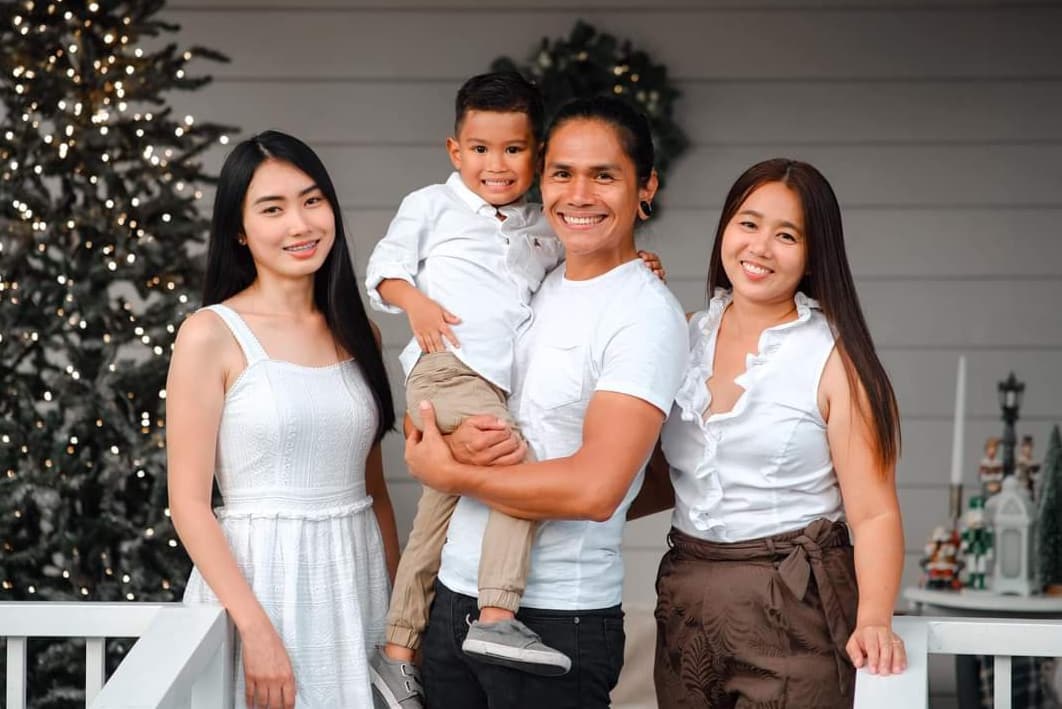
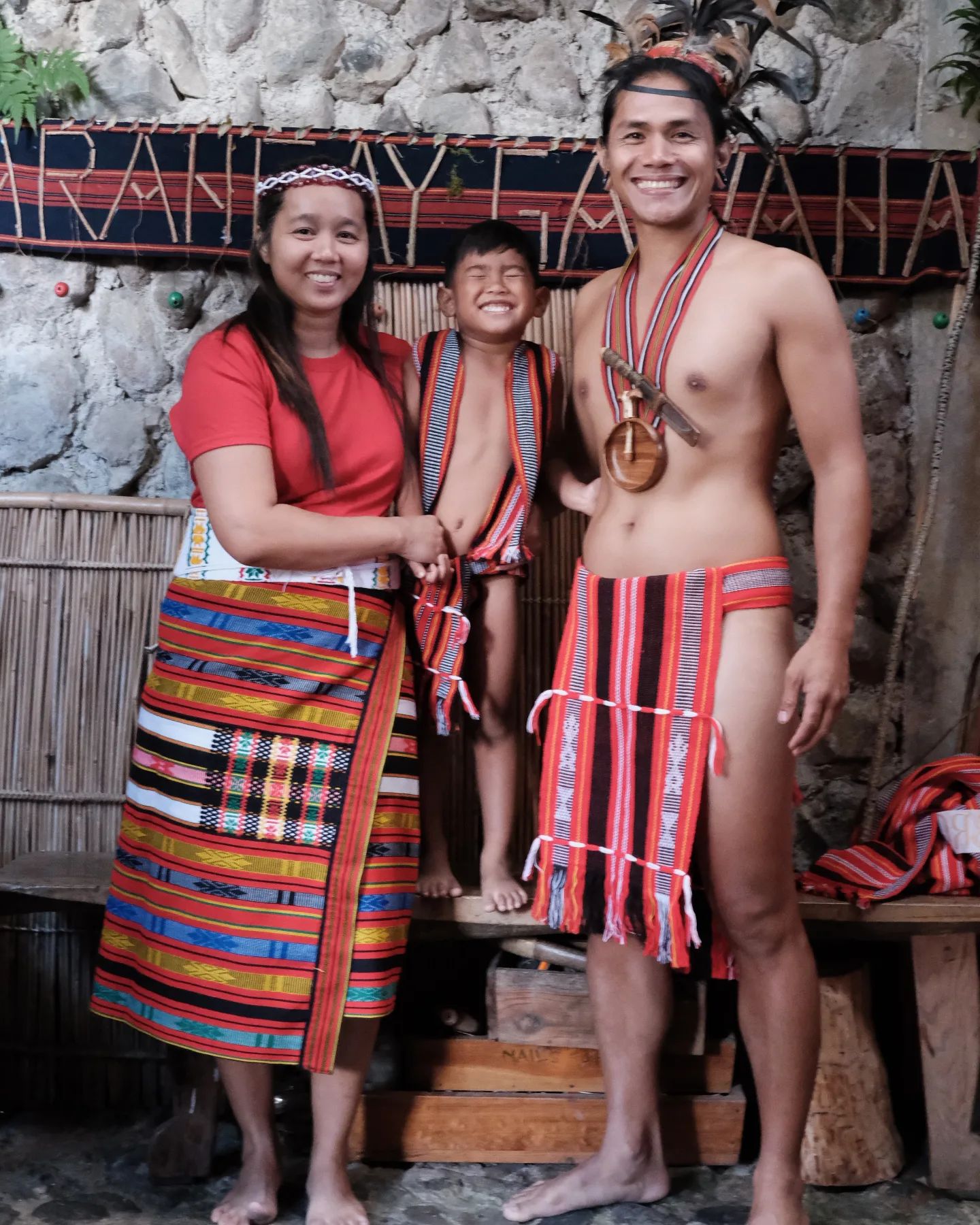
Winning the show, however, brought a major shift in his life. He says, “I took that win as a sign from above like, ‘Hey son, I know you want to do all of these things but this is where I want you to be.’ That’s how I interpreted it during that time. After winning that contest, the following day my mind was already made up. Let’s do this chef thing that God is trying to show me.”
Having embraced this path, chef JR immediately started his journey of pushing the boundaries of flavors. He became an executive chef and even represented the country during the 116th Independence Day celebration in Kobe, Japan held in 2014 and at the 121st Philippine Independence Day celebration in Sule Shangri-La, Yangon held in 2019.
Chef JR brands himself as more of a “technique type of guy” when it comes to cooking. He particularly has a soft spot for open fire cooking. For chefs, this technique is one of the trickiest methods in cooking because of how unpredictable it can be. But that very inconsistency is what fuels and challenges chef JR and his cooking.
“I’m comfortable doing the different types of cuisine but if you were to make me choose I’m more about the techniques. I’m more of a roasting, open fire cooking type of person. There’s something about open fire and seeing your ingredients exposed in that kind of environment and seeing the changes in real time. You can see it, smell it, and you can taste it. There’s something romantic for me about open fire cooking,” says the 40-year-old cook.
“Open fire cooking is a type of cooking or a technique that really excites me because compared to an industrial kitchen [or] a commercial kitchen, the factors are never the same. Once you’ve been working for a commercial kitchen for at least a year, you know them all. You can easily anticipate what would go wrong and you could easily troubleshoot any issues that may arise but when you’re doing an open fire cooking, it’s never the same. I think I like that idea, that you always have to be on your toes, and you always have to look for the signs. You always have to be attuned to all the different things that could go wrong and affect your product,” he adds.
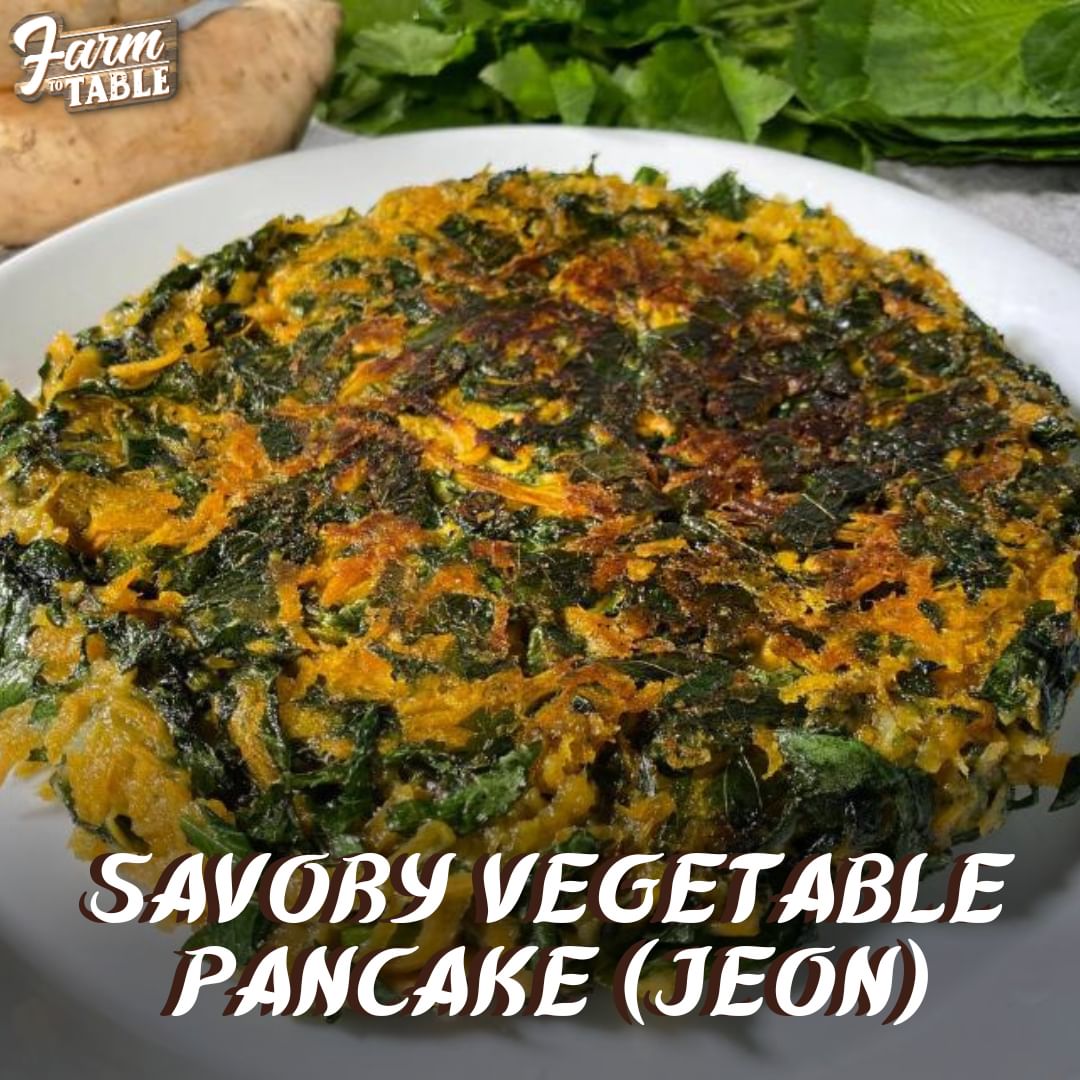
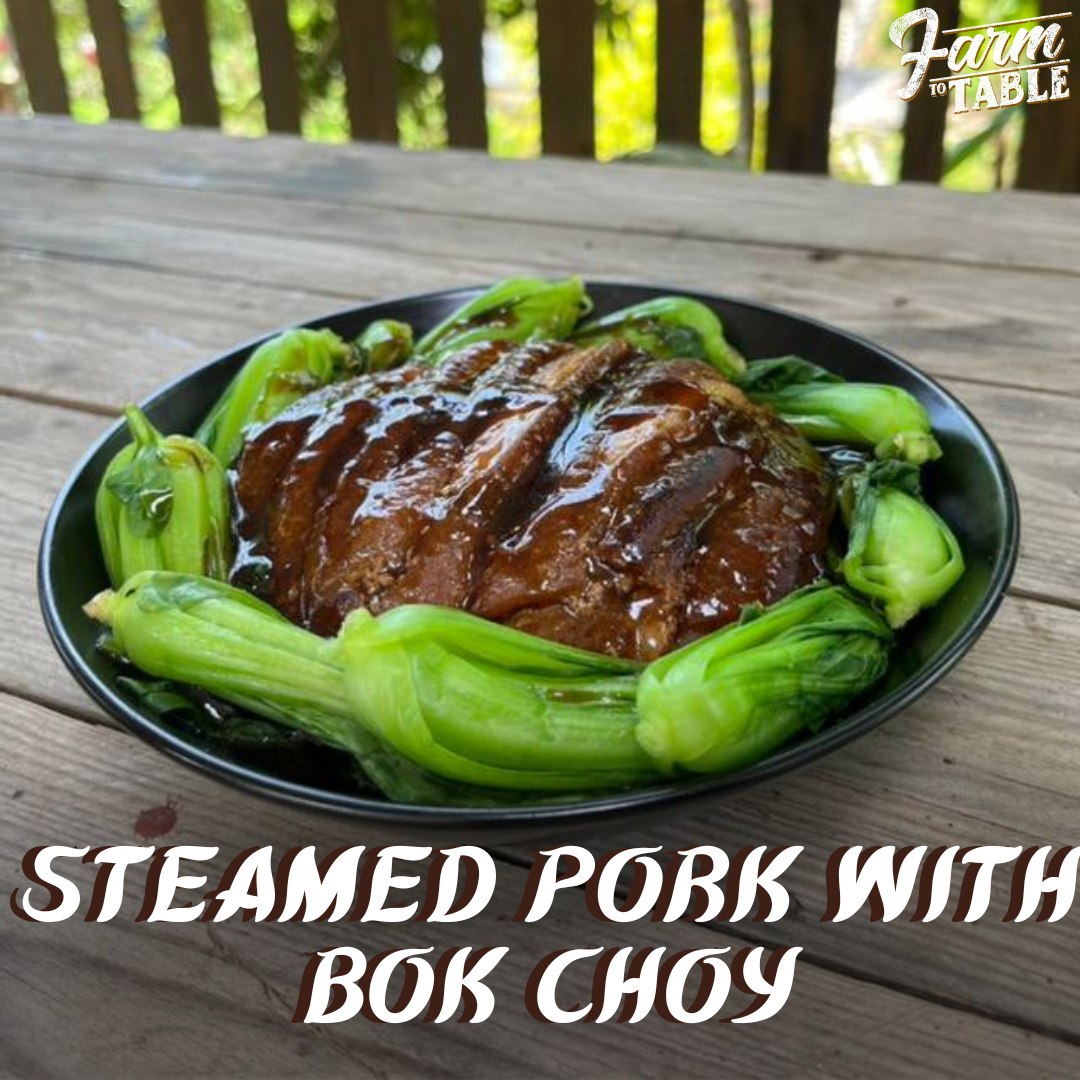

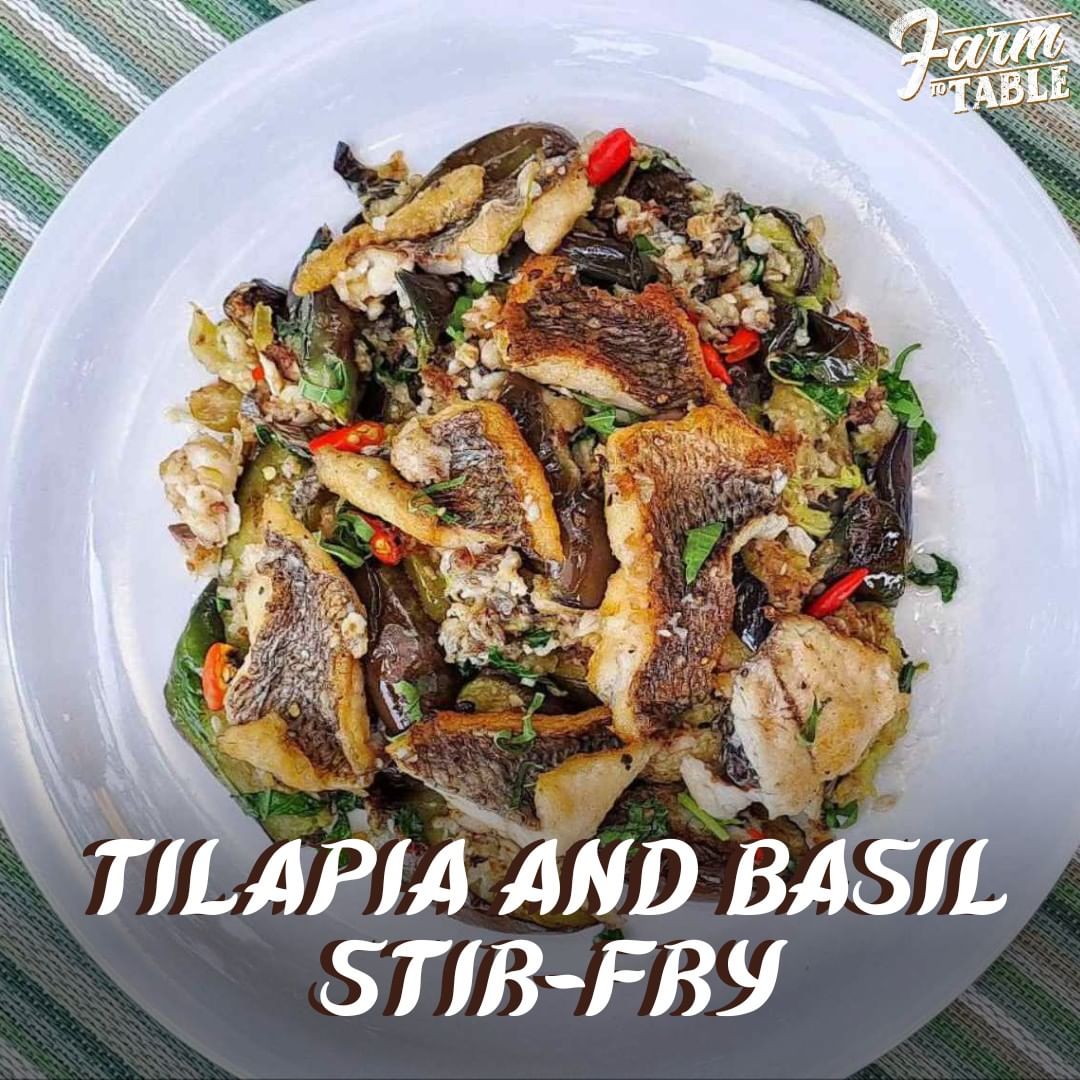
This fondness for challenges could also be the reason why chef JR doesn’t like the term “authentic recipes”. He admits that it always confused him when people would attach the word “authentic” to their dishes.
Don’t get him wrong, he very much supports the preservation of culture by following the traditional recipes but he also believes that the way people make food has greatly changed through the years.
He shares, “It definitely gives us a glimpse of [past] practices. I think it’s imperative that we always try to understand and preserve old and effective ways but we should never be stubborn enough to say that it’s the only way.”
“For me, old ways reflect how people utilize in-season ingredients. When people say you should only use specific ingredients to be ‘authentic’ I don’t agree because I think it’s all about the mentality [of] who originally created those dishes. If we are to preserve the ways like using mortar and pestle to create a paste, to mix flavors, sure I’m all for that. It gives us this connection that would eventually help you as an artist and not just as a cook,” he explains
“We should never limit ourselves to just believing and pushing and making a divide that this is only the right way. If that’s the mentality then growth, in terms of improvement in flavors and techniques, will not be achieved,” he further says.
Chef JR shares that something unexpected happened in the show’s pilot episode, which changed filming of the entire work flow of the series. He explains, “This was for our pilot episode. So we went to a goat farm, we talked to farmers and the farm owners, ‘Ma’am, sir we need bile.’ So we went there thinking that we will do papaitan. Because I’m Ilocano, I’m very familiar with this dish and the recipe. And then when we arrived, no bile.”
“So because there was no bile, we had to use something else. I asked them to buy or source ampalaya which is in fact something we use in our area. So we made the dish and I got some not-so-kind words from fellow Ilocanos,” he continues.
Despite receiving harsh criticisms, he liked the idea of being creative and resourceful especially when faced with a problem during the shoot.
“I liked that scenario because we were forced to be creative and that became the theme of the show. You can’t expect that everything will go your way, you always have to be ready to create. Instead of feeling frustrated because of issues, we now welcome them. We somehow reserve something for curveballs, which we always encounter at the farms we visit,” he adds.
During the interview, chef JR only had big smiles and nice things to say about Farm To Table’s crew. One can see his passion and the happiness he feels talking about his adventures with the show.
“I think if I’m working for a different show or with a different team, I honestly do not think I would have pulled off what we have done so far in ‘Farm to Table.’ I don’t think other shows or other teams would’ve taken the risk of showing open fire cooking like the ones we’ve done in the past,” he says.
“I think I’m just blessed that I’m working with this team because they have allowed me to take risks. Honestly, there’s no limit. I have no restrictions on what I can do or what I can showcase. We’re just stubborn people who like to take risks,” chef JR enthuses.
“The environment that the team has created for everyone to just flourish, I think that’s what sets our team apart from anything else. I’m not saying that we’re the best, I’m just saying that I’m working with a team that wants to be better and that’s the soul of our show. It’s the alignment of people working on this program, wanting to show better, wanting us to be better, wanting our farmers’ lives to be better, wanting our culinary direction to be better,” he adds.
Chef JR admits that Farm to Table made him appreciate life and his job more. It’s no easy task to shoot an episode of the show, he reveals, but everything becomes much easier when the people he works with share the same principles.
In Farm To Table, chef JR has the freedom to be who he is as a cook. He loves dissecting ingredients to know their characteristics, flavor, texture, and complexities. He is a chef who will push boundaries of food creation and his show allows him to do that.